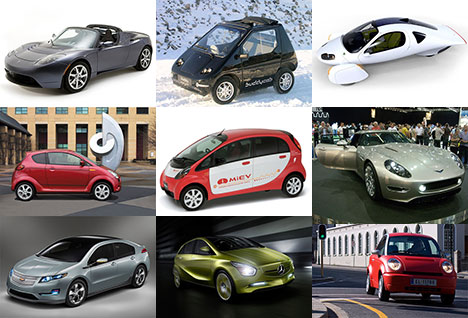In this month’s issue of the Journal of Industrial Ecology researchers report that electric vehicles or EVs may not be as environmentally friendly as conventional automobiles with internal combustion engines. Why?
There is no doubt that EVs with no tailpipe emissions contribute far less to air pollution when operating compared to internal combustion engine (ICE) or diesel engine vehicles. But that is not where the problem lies. These can be found elsewhere and include:
- The batteries in replacement and disposal contribute a considerable amount of toxic waste to the environment.
- EV production is more complex than ICE and diesel vehicles. This is because of the power trains, traction systems and batteries, the energy used to create the source materials needed them and the amount of pollution generated by suppliers.
- Recharging an EV contributes to carbon emission increases if the EV is recharged by electricity from coal-fired power plants.
Over the lifetime of a vehicle driven 150,000 kilometers (93,000 miles) findings show that the global warming potential or GWP reduction impact of EVs recharged by conventional power sources (a mix of oil, gas, coal and renewables) proves to be better than gas and diesel-powered vehicles by 20-24%. When EVs use coal-fired power plants to recharge the GWP increases by 17-27% over diesel and gasoline vehicles. That means utilities need to move away from lignite, coal and heavy oil-fired power plants to ensure a net benefit from EVs.
Production impacts on EVs driven 100,000 kilometers (62,000 miles) provided a net GWP benefit of 9-14% over diesel and gasoline vehicles. But that production doesn’t include the lifetime cost of dealing with the batteries. The toxicity potential of the batteries represents a significant unknown to date since most EVs have been on the road for less than half a decade.
Where EVs excel is in terms of smog impact reducing the photochemical oxidation formation potential or POFP by 22-33% over diesel and gasoline vehicles.
What the researchers conclude is that EVs provide only a marginal benefit over ICE and diesel vehicles. And they also note the potential challenge of recycling and disposal of EV components and advise manufacturers to consider alternative materials in future vehicle development.
A final note, if ICE and diesel-powered vehicles were to improve fuel mileage by 50%, current EVs would provide no net benefit in reducing carbon emissions.









